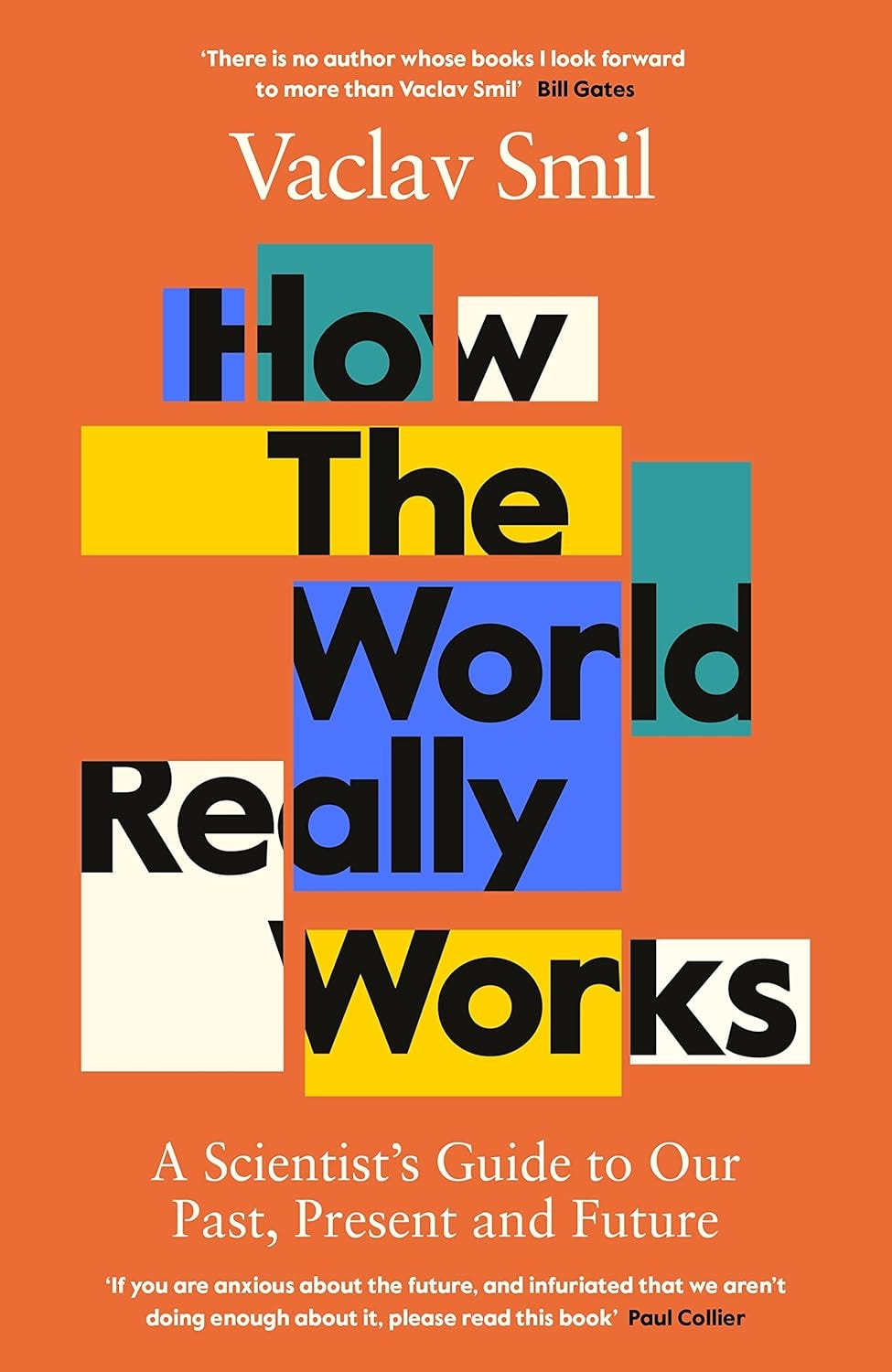In this enlightening exploration of our modern world's fundamental systems, Vaclav Smil strips away popular misconceptions to reveal the physical and engineering realities that underpin our daily lives. Through precise calculations and vivid examples, he demonstrates how our civilization rests on four pillars: cement, steel, plastics, and ammonia.
Consider your breakfast: Smil shows how even a simple meal reflects our complex industrial civilization. The grain in your cereal was likely grown using ammonia-based fertilizers, transported in steel containers, and packaged in plastic. Each step requires fossil fuels - not just for energy, but as fundamental chemical building blocks of modern life.
One of the book's most striking illustrations comes when Smil breaks down the "embodied energy" in everyday items. A single smartphone, he calculates, requires the energy equivalent of 30-40 liters of gasoline to manufacture - from mining rare earth elements to assembling microchips. This kind of detailed analysis appears throughout the book, helping readers understand the true cost and complexity of modern conveniences.
The author challenges popular narratives about rapid energy transitions. Using historical data, he shows that major energy shifts typically take 50-60 years. For instance, despite aggressive solar and wind power adoption, fossil fuels still provided 84% of global energy in 2021. As Smil notes, "The reality of our dependency on fossil fuels is not an argument for their retention, but a reminder of the enormity of the challenge."
Perhaps the book's most powerful insight concerns food production. Modern agriculture, Smil explains, is essentially "the conversion of fossil fuels into food." Without synthetic fertilizers (made from natural gas), only about half of today's global population could be fed. This dependence on fossil fuels presents one of humanity's greatest long-term challenges.
Smil's analysis of globalization is equally compelling. He uses the example of a simple cotton t-shirt, which might travel 20,000 kilometers during its production journey - from cotton fields in Texas to spinning mills in Turkey, to sewing factories in Bangladesh, and finally to retail stores in Europe.
The author doesn't just present problems; he evaluates proposed solutions with scientific rigor. Electric cars, for instance, aren't a simple fix: manufacturing their batteries requires extensive mining and energy use. As Smil puts it, "There is no free lunch in physics or engineering."
Throughout the book, Smil maintains that understanding these physical realities is crucial for making informed decisions about our future. He argues that while rapid decarbonization is necessary, it must be approached with a clear understanding of the technical and physical constraints we face.
The book concludes with a sobering yet hopeful message: while the challenges we face are enormous, understanding them clearly is the first step toward developing realistic solutions. As Smil notes, "The future remains open, but it must be built on accepting, rather than ignoring, physical realities."
Get the book : USA | INDIA | UK
Check out the previous books we’ve covered:



Wow!